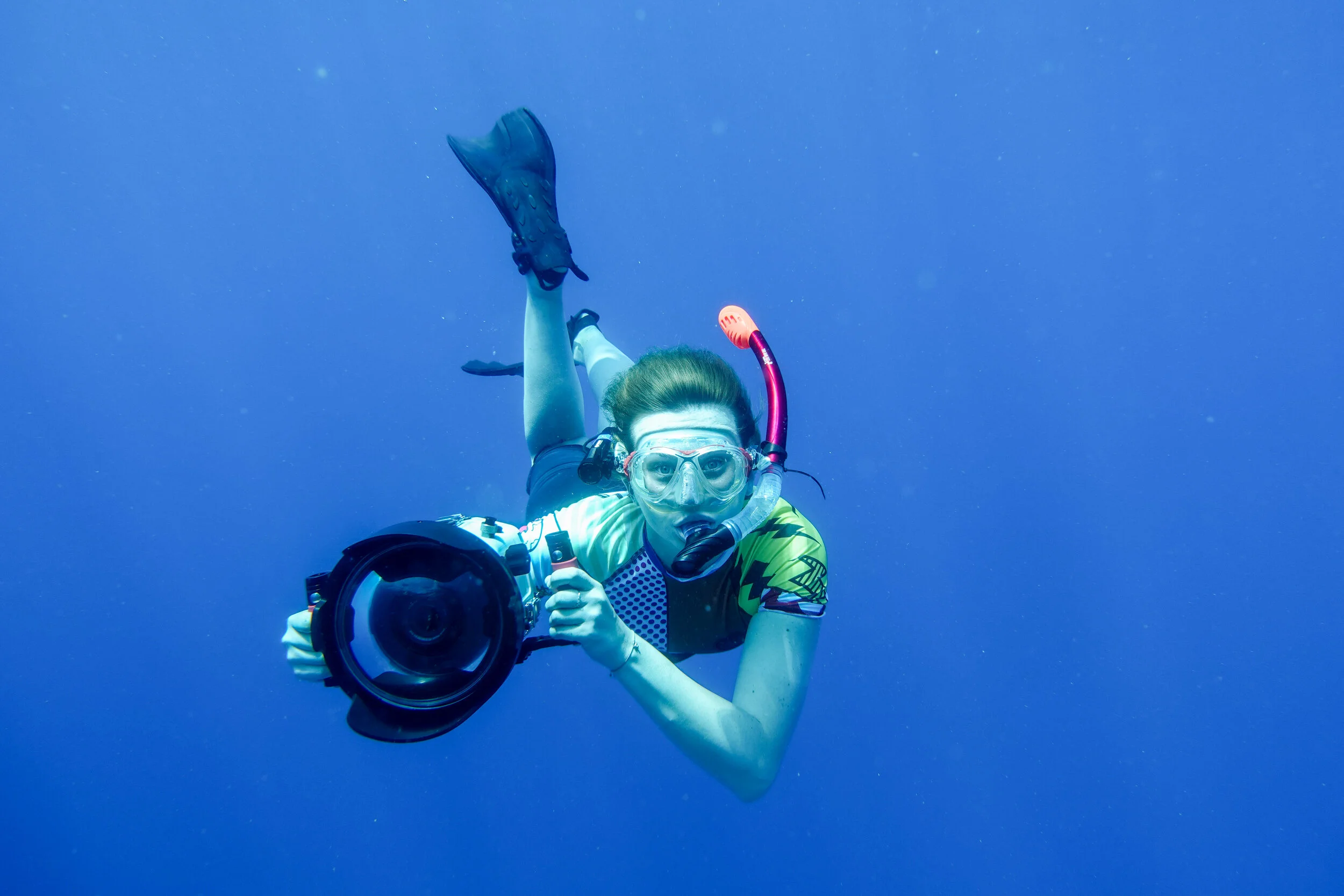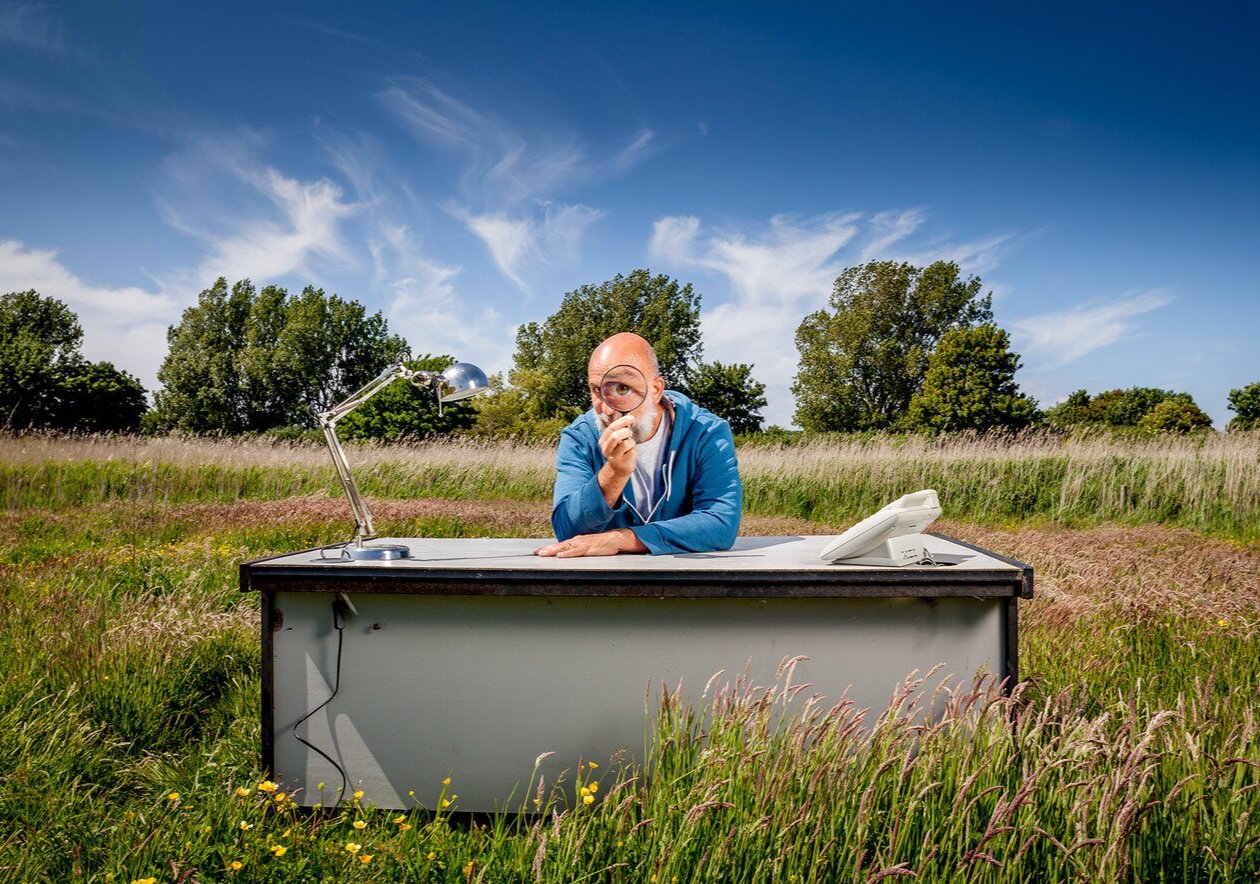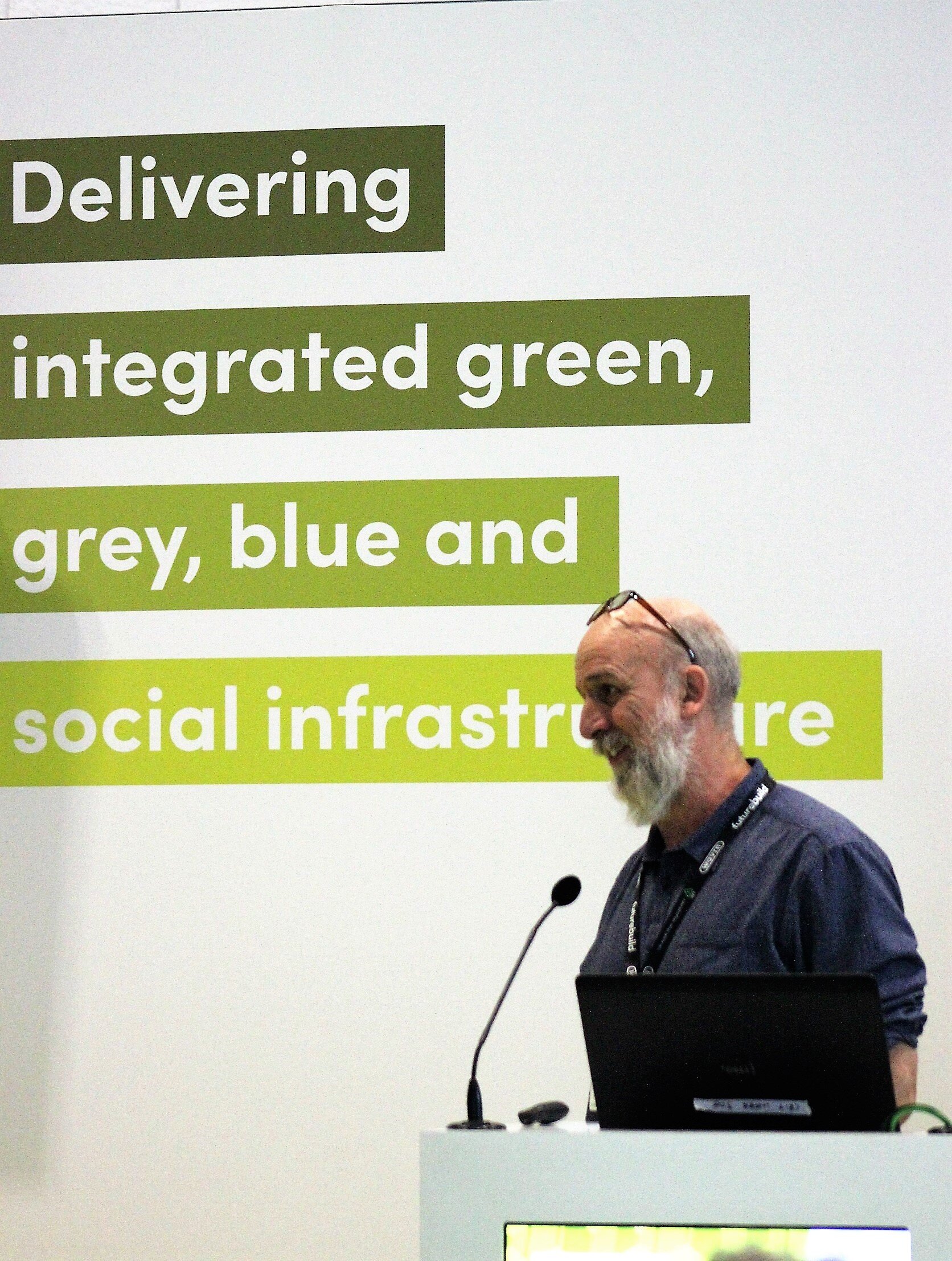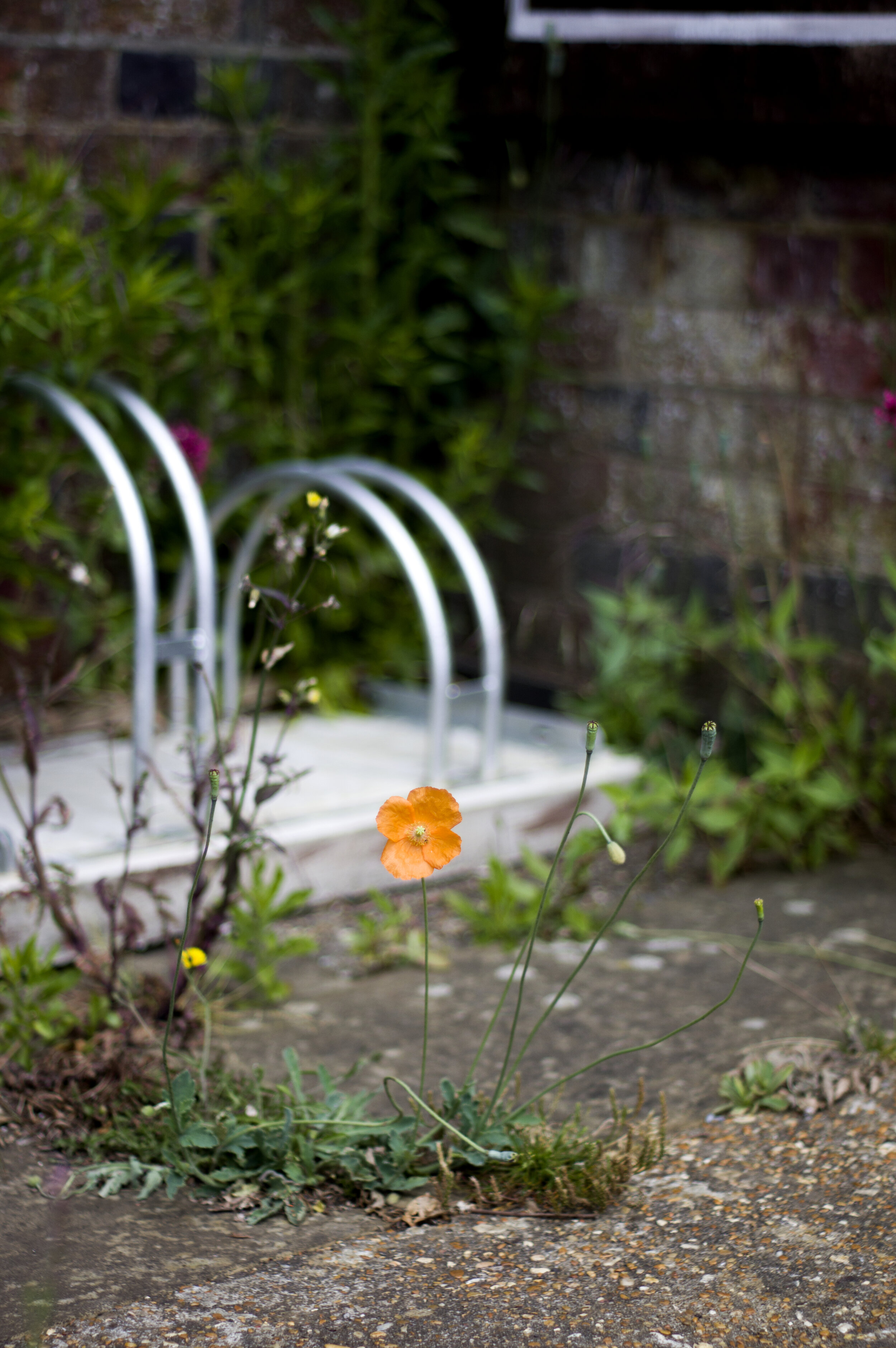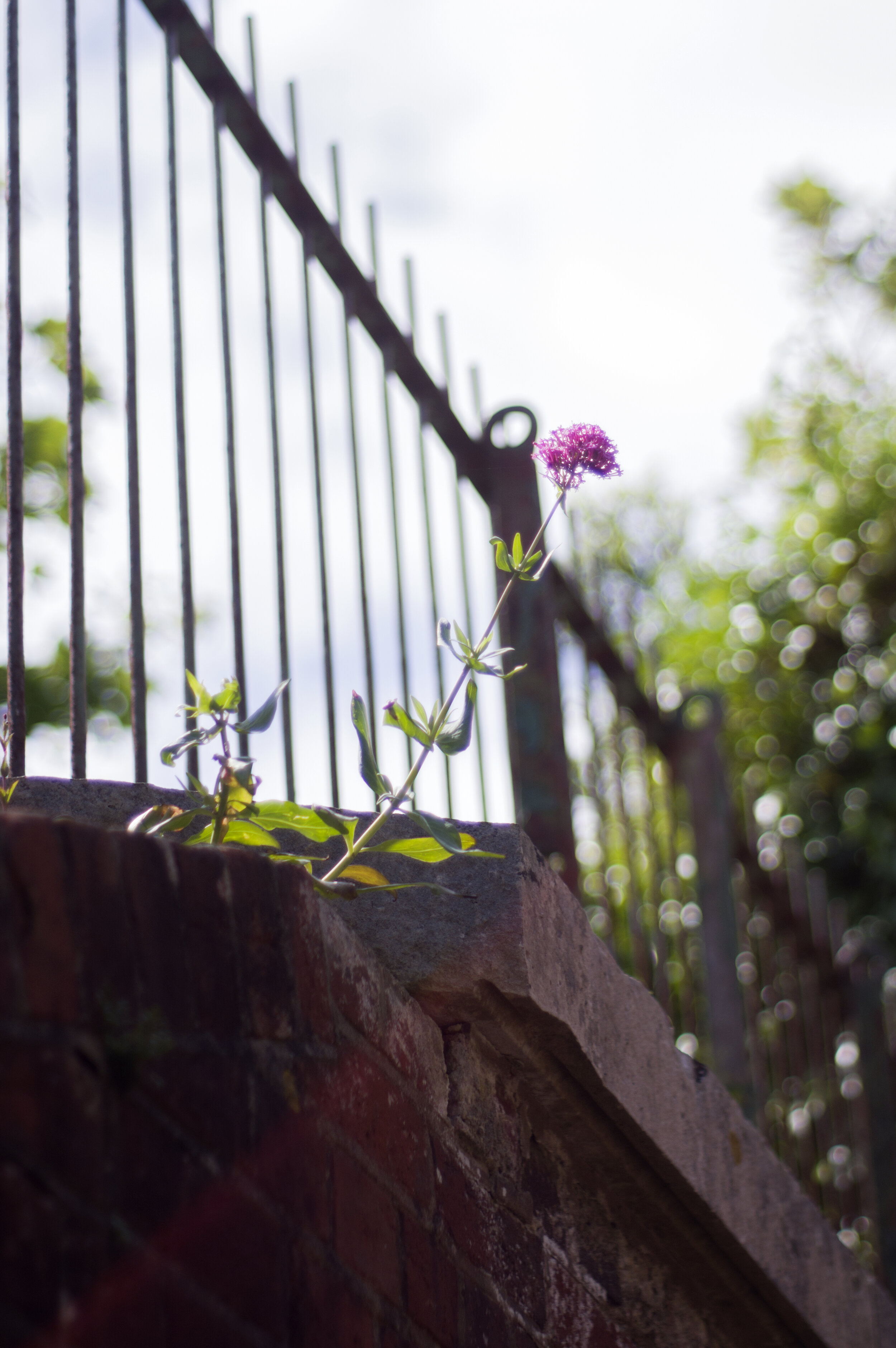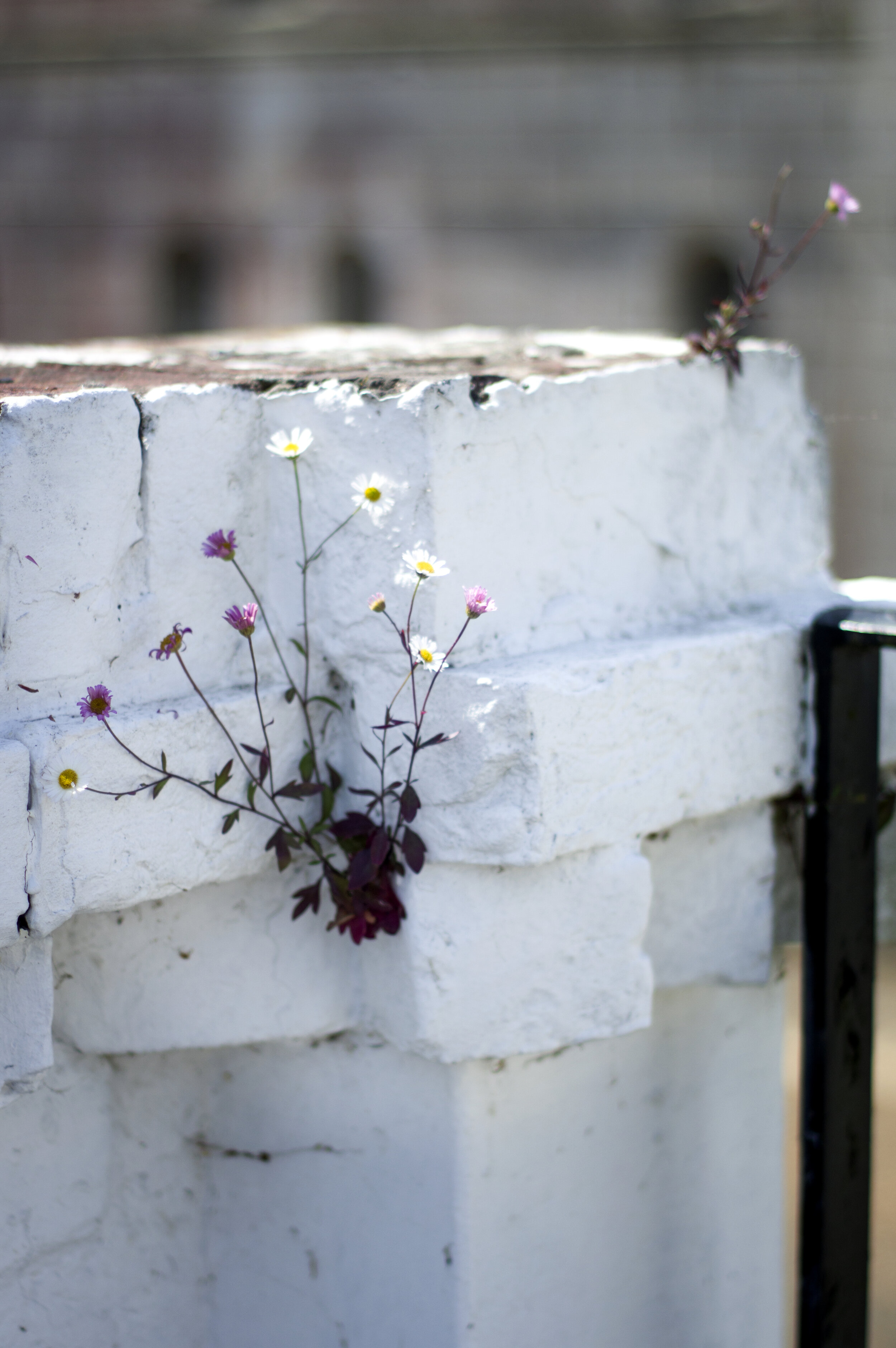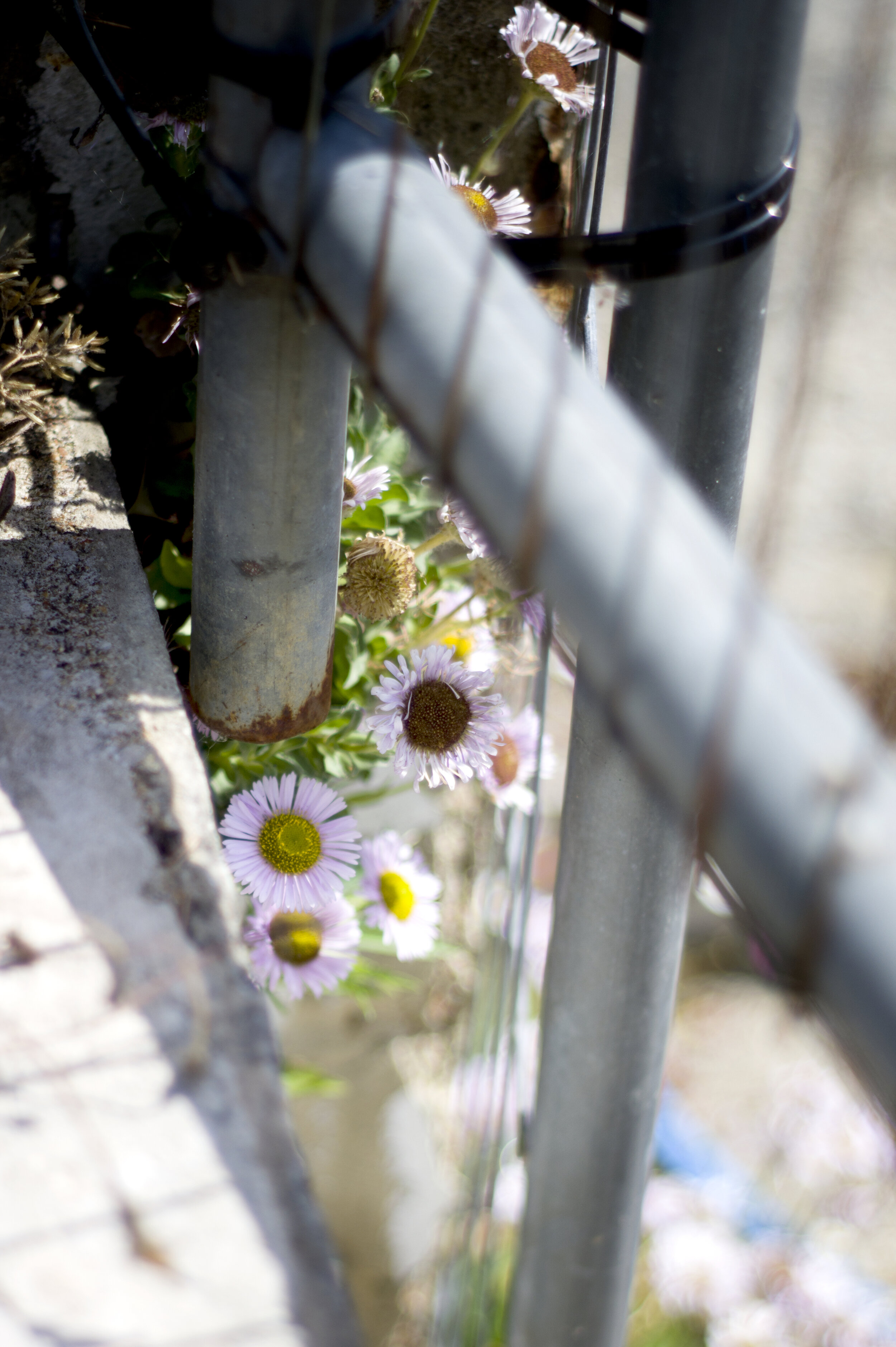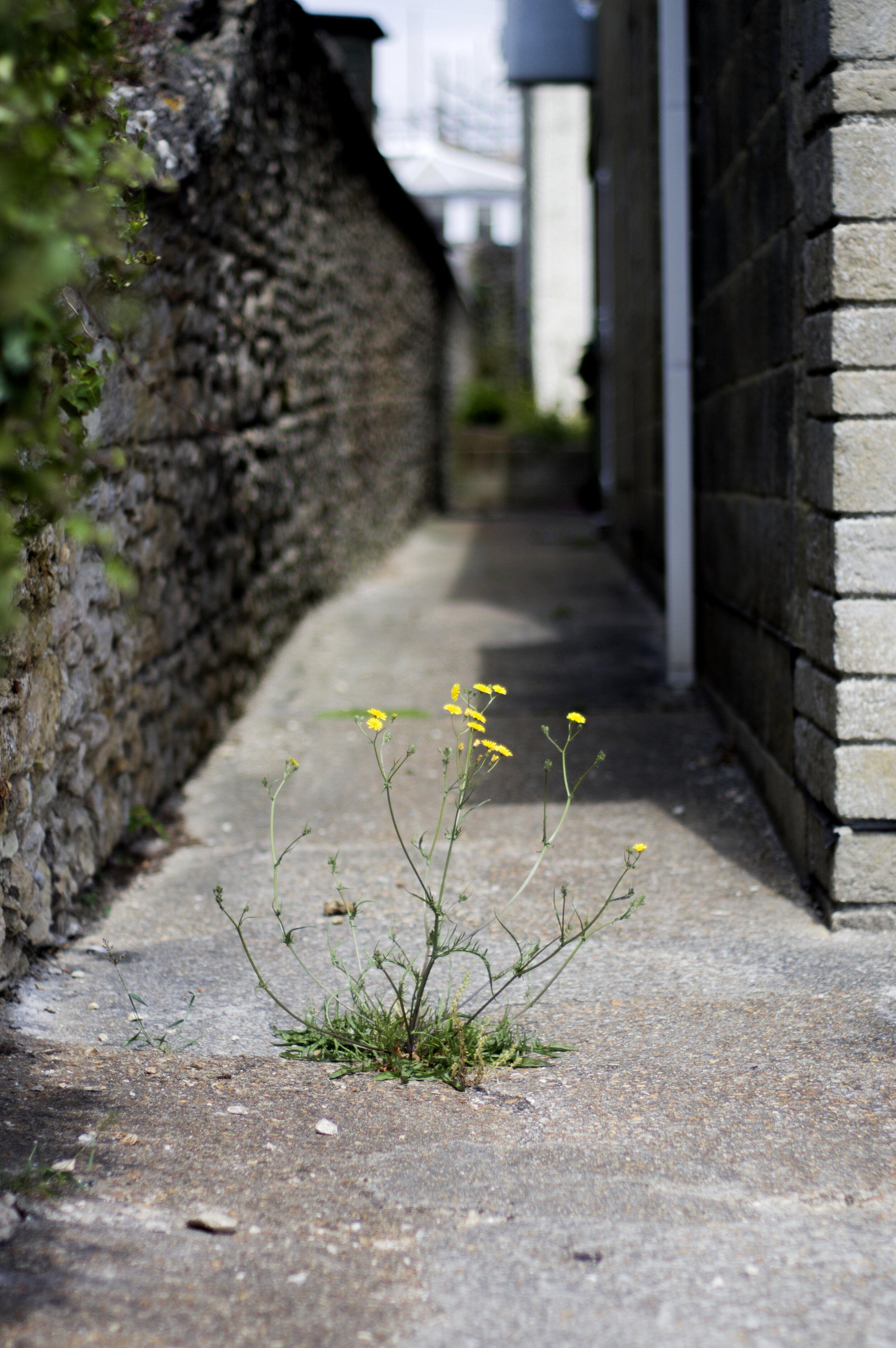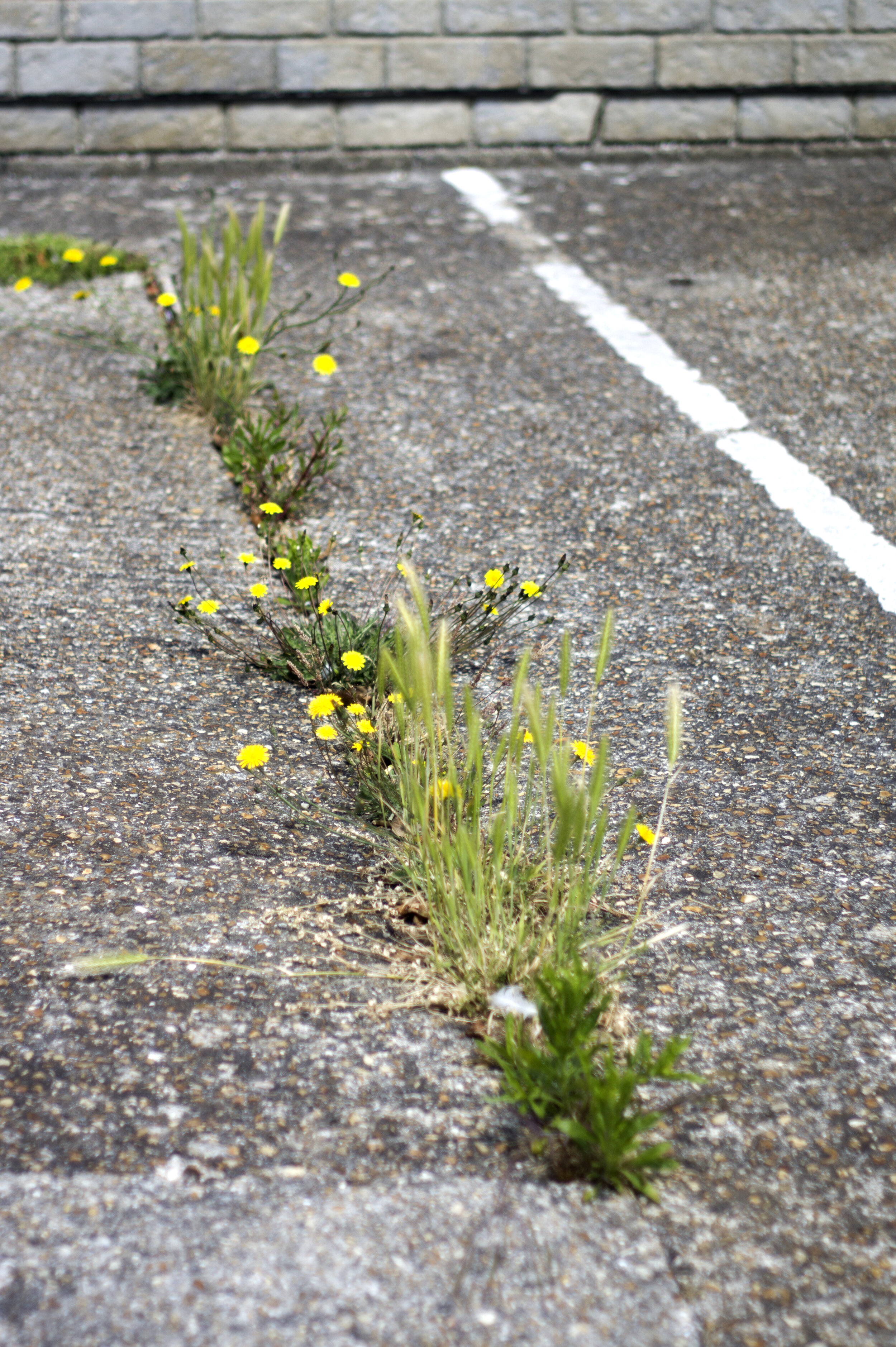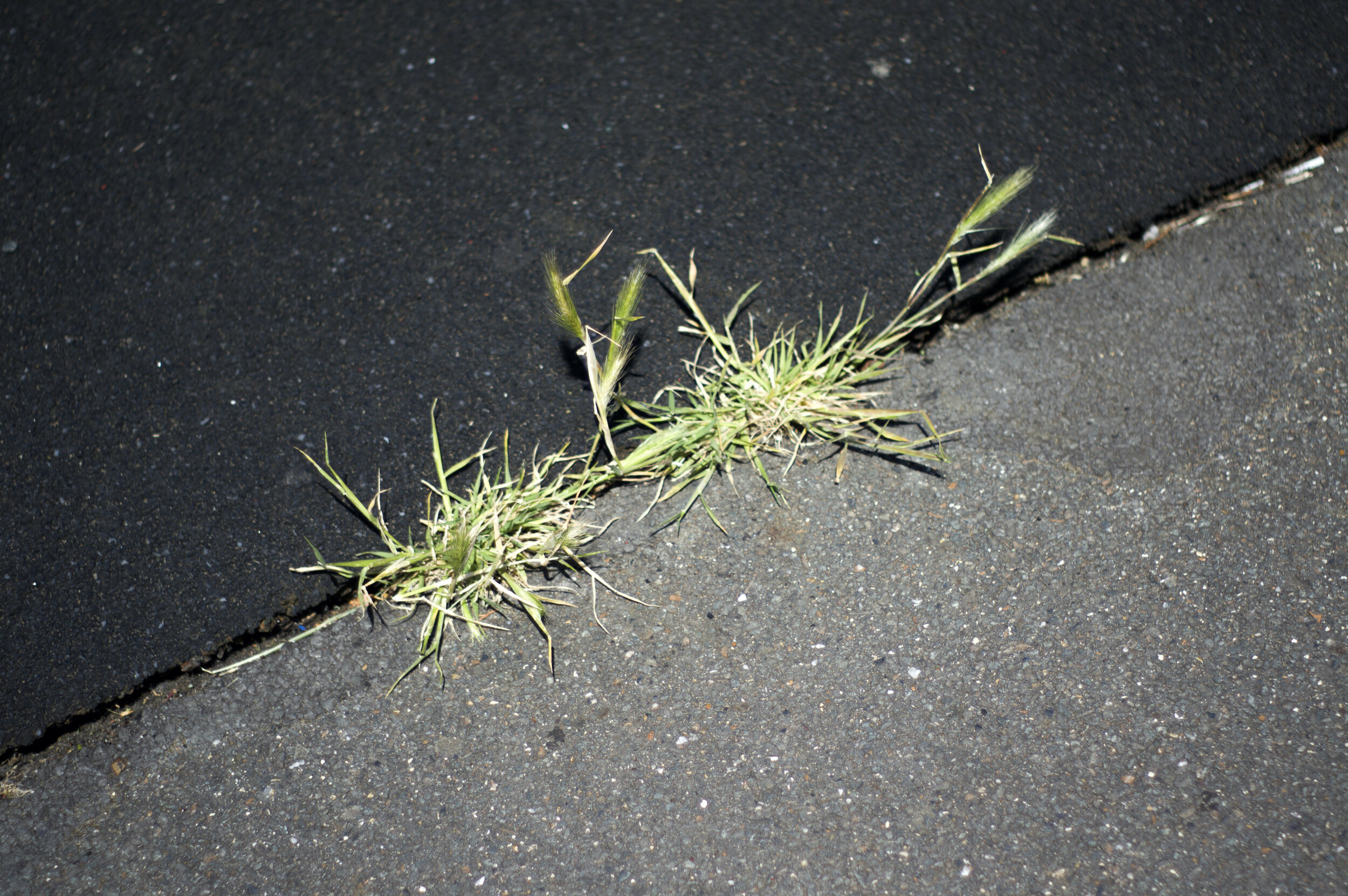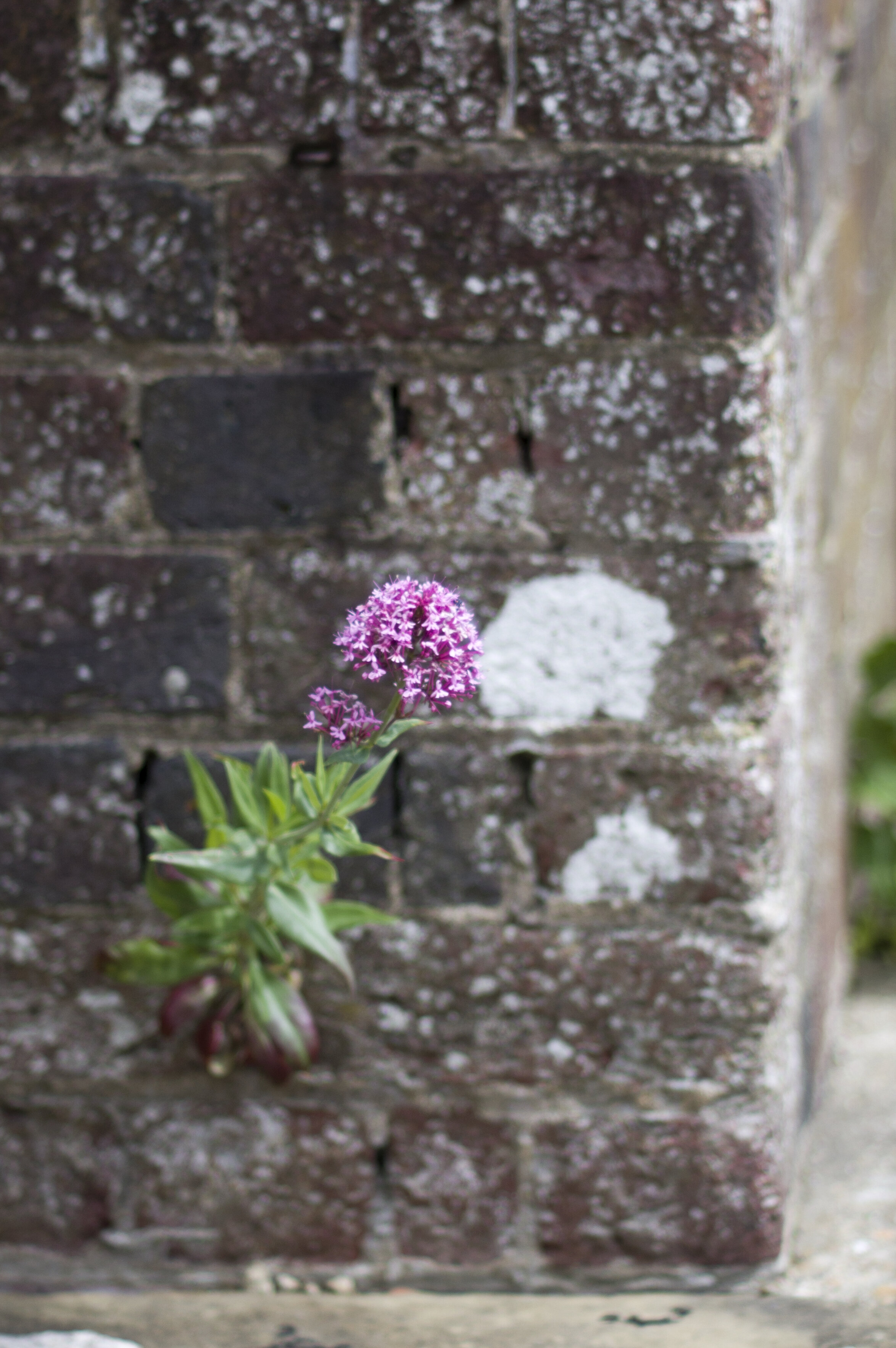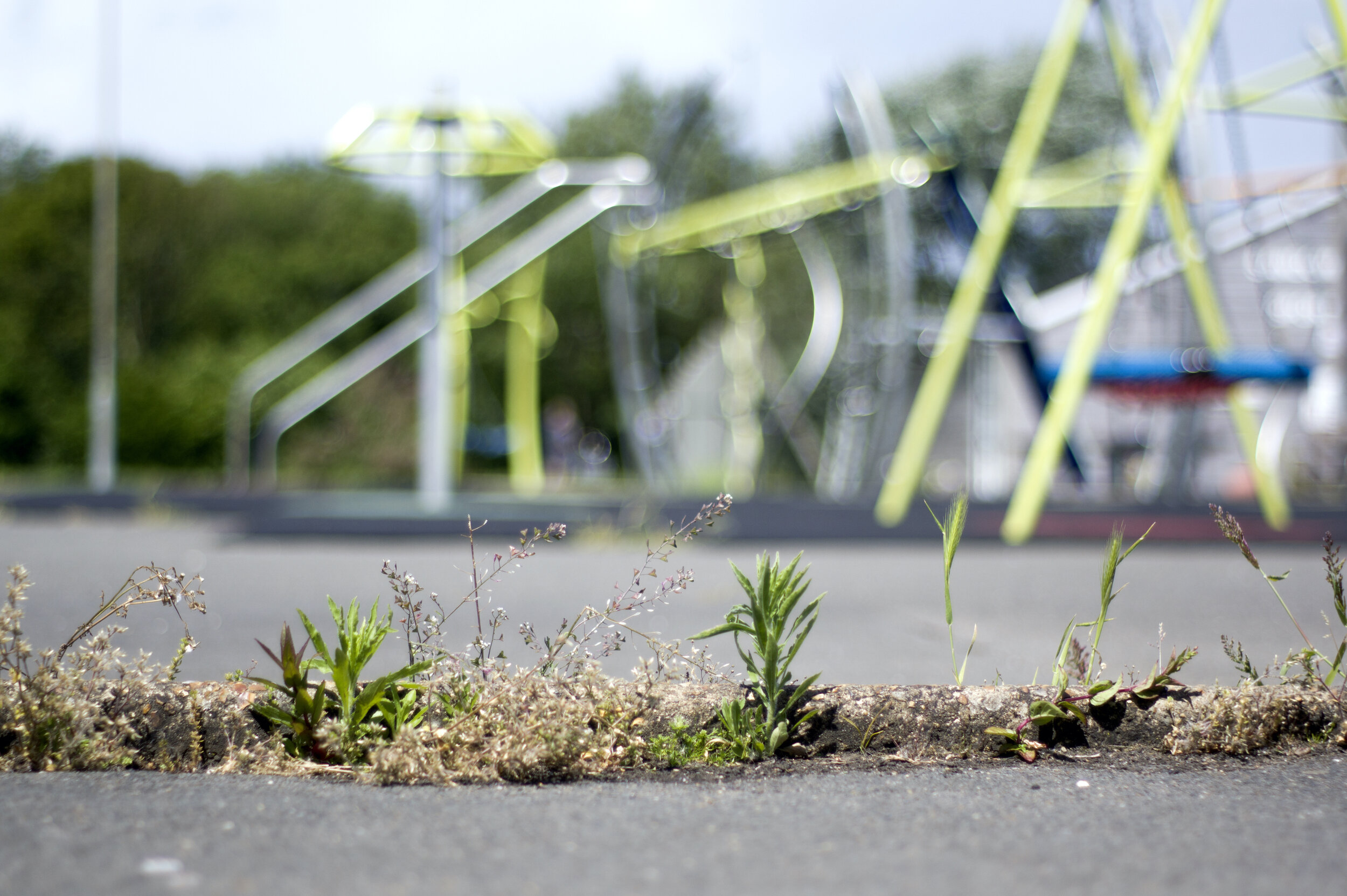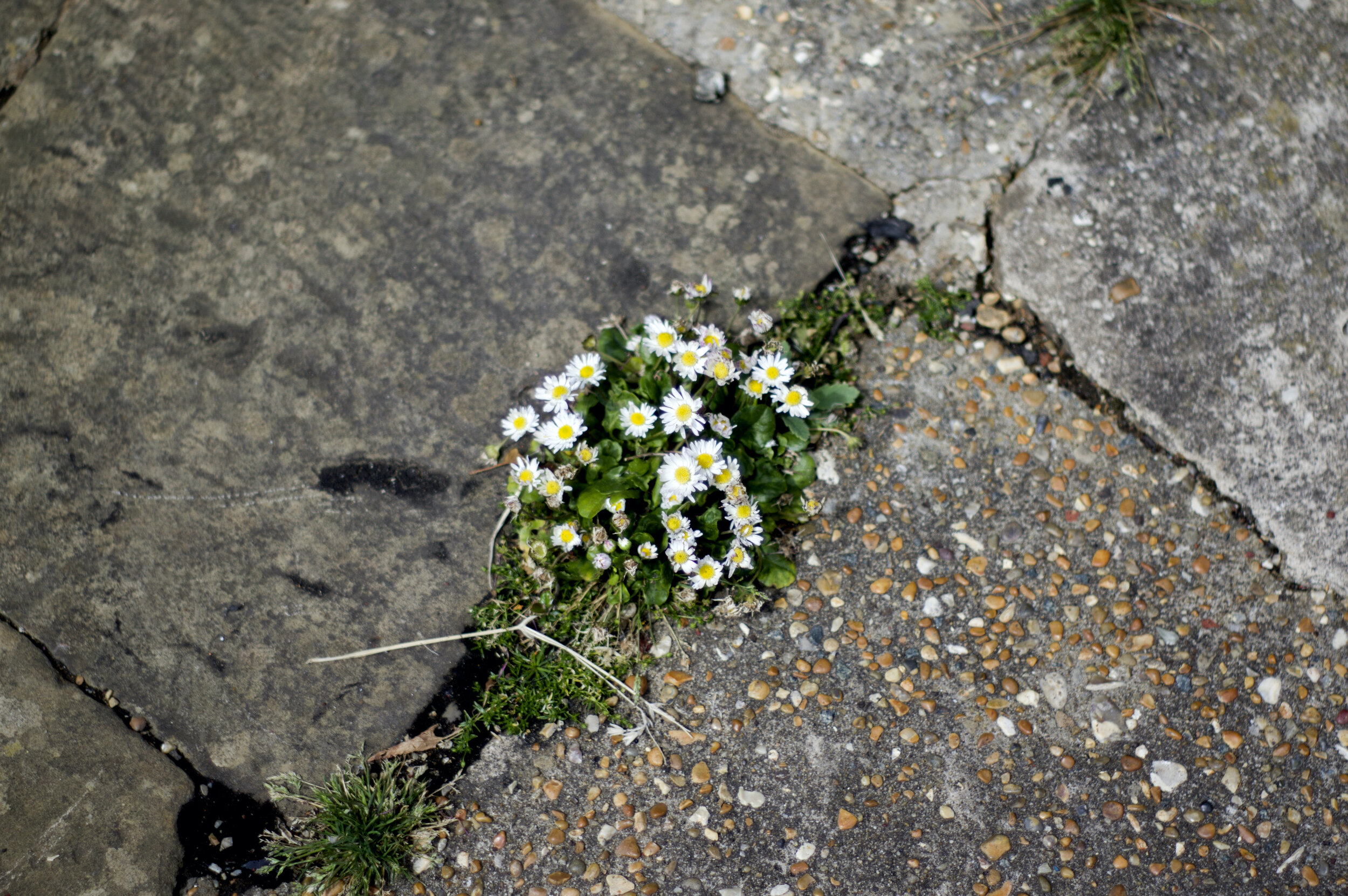FEATURE:
Kriss ceuca — professional Media Diver & wildlife filmmaker
I’m a professional Media Diver from Transylvania, based in Bristol, UK, but I spend most of my time travelling the world. I know the waters of the Maldives, Scotland, Cyprus, Greece, Italy and the Canary Islands, and have more than 6 years’ experience in scuba diving.
I started travelling around 8 years ago, with a desire to explore the world, not only through my eyes but through my camera as well.
Scuba diving, commercial diving and free diving are my main passions, with a deep desire for making films that matter, touching on conservation and emotions.
I am a recent graduate of UWE’s MA in Wildlife Filmmaking. As part of my final project, I have produced, directed, filmed and edited a short wildlife documentary. The film is based around the Turing patterns in nature and the whale sharks in the Maldives. It’s called ‘A natural code’ and can be found here: https://www.youtube.com/watch?v=MifNRZaBEos
For the past two years I have been working on building short-form content on digital platforms, as well as working with wildlife, science and conservation content:
- A project for Surfers Against Sewage (https://www.sas.org.uk)- Beach Clean in Minehead: https://www.youtube.com/watch?v=H2xJKE8qlw0&t=24s (2018);
- A project for Artecology (https://www.artecology.space)- vertical rockpools called Vertipools: https://www.youtube.com/watch?v=ib8ix7vSUsA&t=11s (2019);
- A project for the Maldives Whale Shark Research Programme (www.facebook.com/watch/?v=347565799501890).
At the moment, I am working to specialise as an Underwater Assistant Camera. I am also an open water instructor and an HSE Commercial Scuba diver, interested in emerging female talent and underwater related stories.
Through filmmaking, I hope to share unique stories and I am especially interested in projects with community involvement.



















